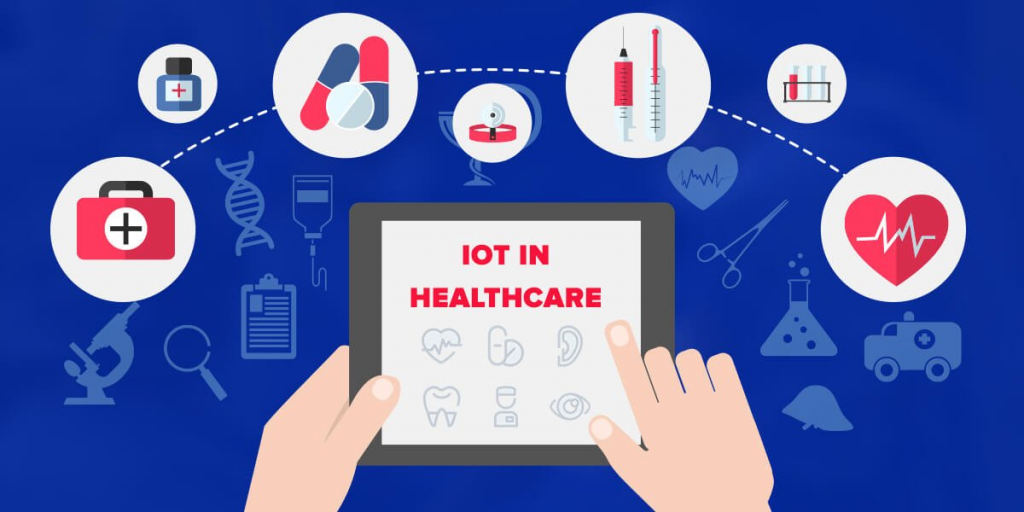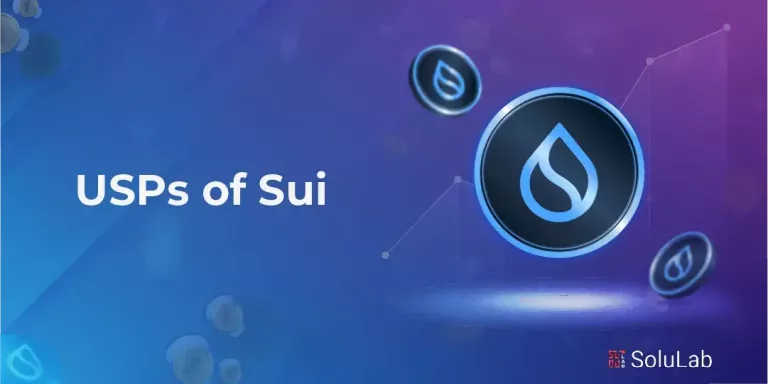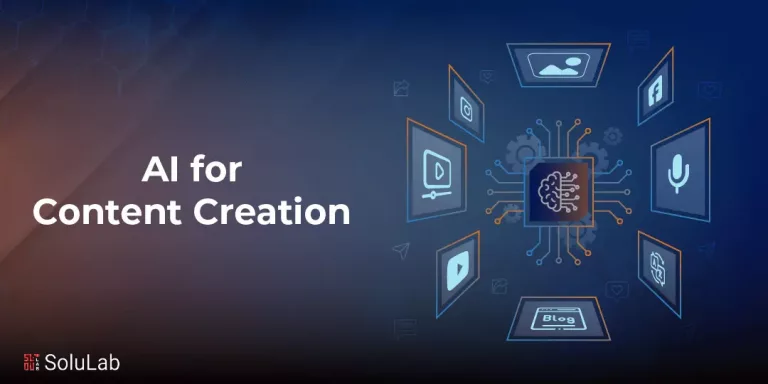
Scope of IoT in Healthcare?
Healthcare is getting smarter with tech innovations — from robots-surgeons to smart hospitals. The Internet of Things takes patient care to a new level. It optimizes workflows for healthcare providers and doctors. A lot of hospitals have already started investing money in technology adoption. To help doctors and patients, the medical IoT is being actively integrated into hardware and software for healthcare.
It’s hard to find an industry with more potential for IoT than healthcare. Technologies that use data from sensors offer a lot of benefits on all levels, starting from in-patient treatment and health condition monitoring to disease prevention and early diagnosis. IoT healthcare software can gather data from patients and process it automatically, detecting precursors of disease and helping to prevent its progression in the early stages.
Internet of Medical Things (IoMT)
IoMT stands for devices that can collect and exchange data — either with users or other devices — via the internet, and are used to allow doctors to be more aware of a patient’s condition on a real-time basis. The primary function of IoMT is monitoring patients’ conditions and notifying the doctor in case of an emergency.

IoT in medical and healthcare fields can include a lot of things like wearable devices, drug tracking system, medical supply chain, remote patient monitoring, and more. IoMT can help increase the accuracy of diagnoses due to constant monitoring of health changes. IoT applications in healthcare help users stay connected to doctors or nurses. They make working processes more efficient for healthcare workers who support a lot of patients.
Five Main Benefits of IoT in Healthcare
Health Monitoring
Smart devices can track health conditions. IoT applications for healthcare can send an emergency signal if the patient has an asthma attack, heart failure, or another medical issue.
For e.g., Apple has integrated a Fall Detection System in Apple Watch. It detects if the user falls and shows an alert. The person needs to tap ‘I’m OK’ for one minute. In another case, AppleWatch calls emergency services. They also send a message to emergency contacts.
Better Patient Experience
IoT in hospitals improves the healthcare system, gives patients a more comfortable way to get in touch with doctors. It leads to improving patient experience and gaining customer loyalty. The hospital from New York, USA — Mt. Sinai Medical Center — managed to reduce the waiting time for 50% of their emergency patients using AutoBed software.
The hospital has approximately 1,100 beds but admits at least 59,000 of patients. The primary task of AutoBed is matching available beds with new patients.
Drug Management
One of the Internet of Things healthcare benefits is better drug management. IoT technology allows controlling the amount of taken medicine. Doctors can monitor the dose and track the effectiveness of treatment. Also, the Internet of Things allows sending reminders to patients when they should take their drugs. In some cases, it’s possible to notify the family member when the patient hasn’t taken a medicine on time.
Healthcare Automation
IoT devices can help automate administrative, manual, and routine tasks. Internet of Things medical applications can analyze a significant amount of information and create different metrics to see any changes in the patients’ health conditions. Automated processes of collecting data can reduce the number of errors in making a diagnosis.
Preventive Healthcare
A lot of people die from chronic diseases such as heart disease, diabetes, and more. Using the analytic capabilities of IoT, it’s possible to provide patients with more personalized forms of treatment and care. Smart, Connected or Wearable devices can monitor the health conditions of the elderly or patients with chronic diseases. Having all that data, doctors will be able to give better treatment and see the first symptoms of the disease.
Challenges of IoT in Healthcare
As we see, the Internet of Things seems to be incredible and can revolutionize the healthcare sector. But there are some pitfalls you shouldn’t ignore.
Data Security
The main problem of IoT for healthcare is poor security. Data privacy is significant for the medical industry since medical history is confidential information. Malefactors may try to get access to the healthcare IoT software and expose sensitive data. To avoid such issues, it’s necessary to focus on data security that leads to additional costs.
Integration of Protocols
IoMT connects a lot of different devices. To create a flexible ecosystem, healthcare requires using the functionality of many devices with various protocols. However, there is no single solution regarding communication protocols and standards. As a result, the integration of IoT in the healthcare industry is quite slow and limited. Creating medical software, you should make sure that your app is HIPAA and HITECH compliant. These protocols contain a lot of rules and regulations connected to processing patients’ personal information.
Data Overload
IoT healthcare devices collect and process a lot of information. As a result, doctors can face data overload and accuracy issues. The enormous amount of information can lead to difficulties in decision-making during treatment.
Major Applications of IoT in Healthcare?
Hospital Information Management System (HIMS)
HIMS collects and manages such information as medical records, data about doctors and patients. The system provides up-to-date information about appointments, hospital rooms, and so on. Hospital Information Management System brings several significant benefits to the healthcare sector:
- Easy search of documents
- Remote access to patients’ records
- High-security level
- Drug management
- Improved patient experience

Electronic Healthcare Records System (EHR)
EHR stands for electronic health records. Such systems provide real-time information instantly and securely to authorized users. EHR systems not only store information about patients. They can also share data among various specialists to achieve better treatment results.
Electronic Healthcare Records systems tend to offer various benefits to the healthcare sector for doctors and patients. For example, doctors get instant access to the latest tests of the patient and can see the full disease history. As for the patients, they can contact doctors 24/7 that is important for patients with chronic diseases.

Mobile Healthcare
It’s possible to use mobile healthcare IoT applications in two cases — for emergency or regular treatment. Apps connected to wearables tend to collect data about physical activity or health conditions. It’s possible to create IoT apps for wearable devices that can transfer the healthcare data to smartphones
How We Can Help
SoluLab Inc is a software development company that makes solutions for the healthcare industry. Our team of software developers has a rich background in creating scalable applications following the business requirements and goals.




